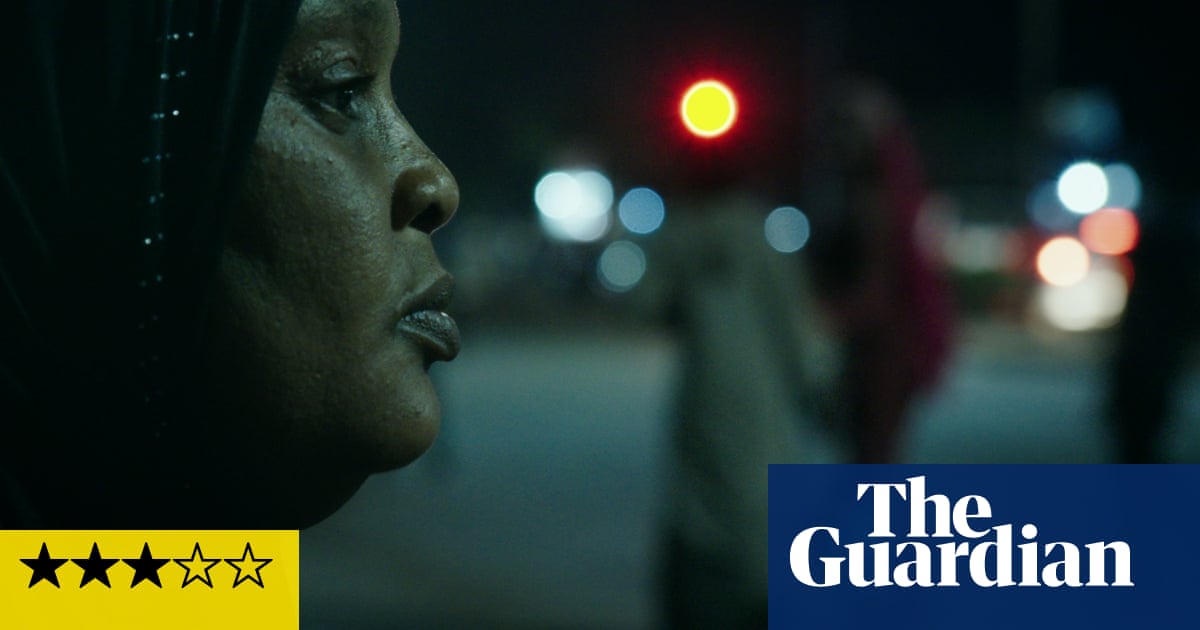Economic and financial woes cast a dark shadow over family bonds in Chloé Aïcha Boro’s contemplative, searching documentary. Returning to herBurkina Fasovillage after decades of living in France, Boro experiences an emotional paradox intimately known by all immigrants. Once-familiar places turn foreign, since the migrator has undergone huge internal changes of their own. And with the recent passing of her uncle Ousmane Coulibaly, the head of her extended Muslim family, Boro’s homecoming is marred by disharmony. Between Coulibaly’s brothers and his 19 children, warring interests over inherited land rage on.
The film returns time and again to a sacred courtyard where, for centuries, the umbilical cords of Coulibaly newborns have been buried to ensure their ascendence to heaven in the afterlife. More than a ritual, the tradition concretises the lineage of generations. But while religious rules automatically transfer Coulibaly’s claim to this land to his sons, some of the elders turn to secular laws for their bid. As the courts of Burkina Faso are based on the French colonial system, this clash is more than just a family squabble; it represents a disconnect between the past and the present of a nation.
Boro’s perspective on the dispute remains incisively critical while reserving judgment. The courtyard is not a neutral domain but a gendered one. Several scenes move between the men’s heated debates and the women on the sidelines who have little say in the proceedings; thanks to her camera, Boro gains access to spaces that previously excluded her. In a particularly striking and moving sequence, the director steps in front of the lens as she joins her aunts and cousins in a song. Though cut from the same cloth, the women are now worlds apart.
Al Djanat: The Original Paradise is on True Story from 6 June.
